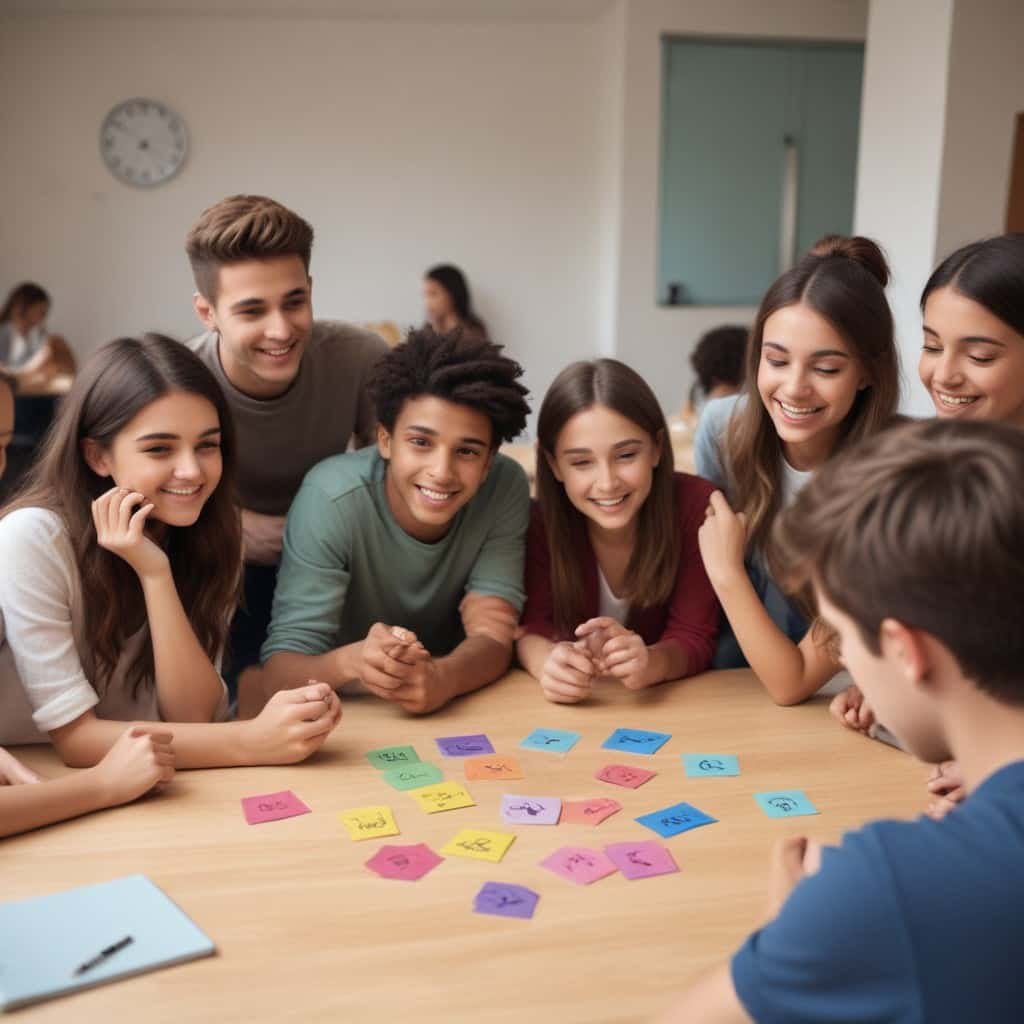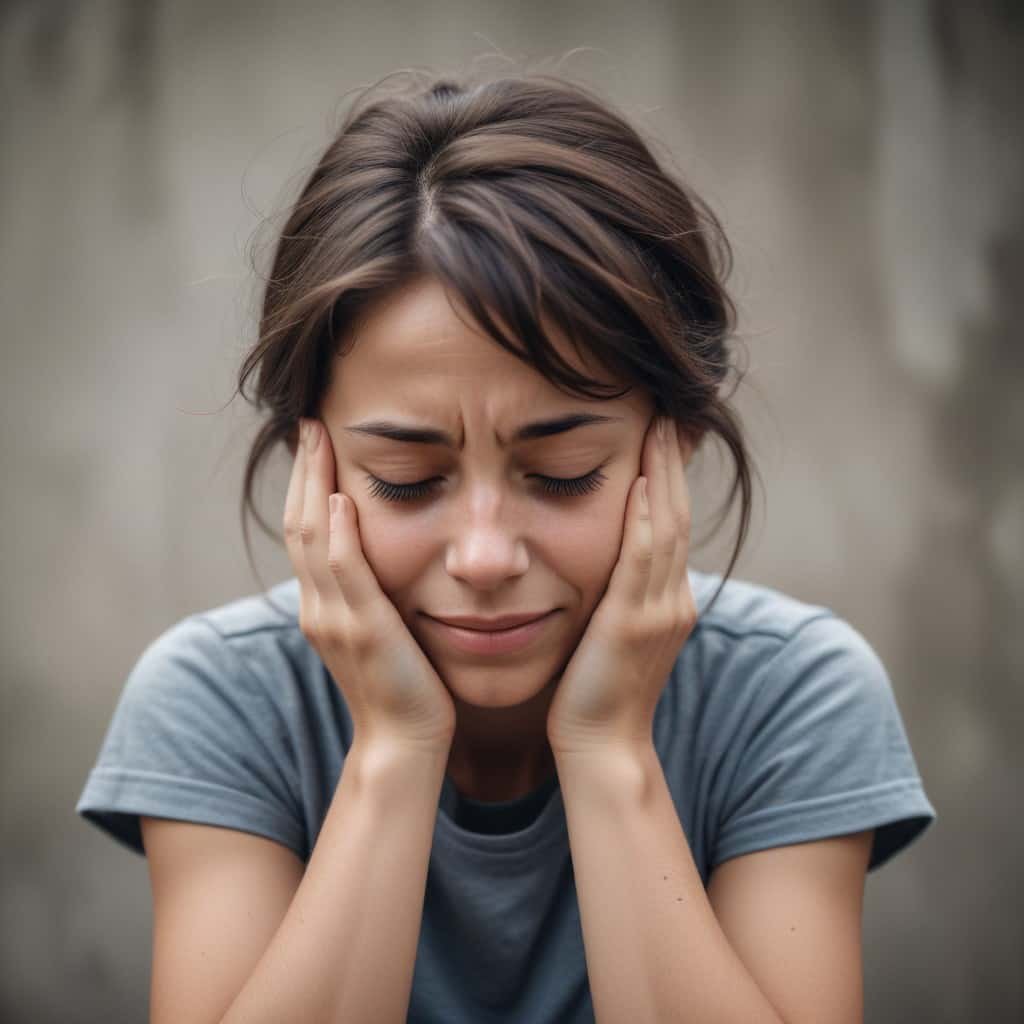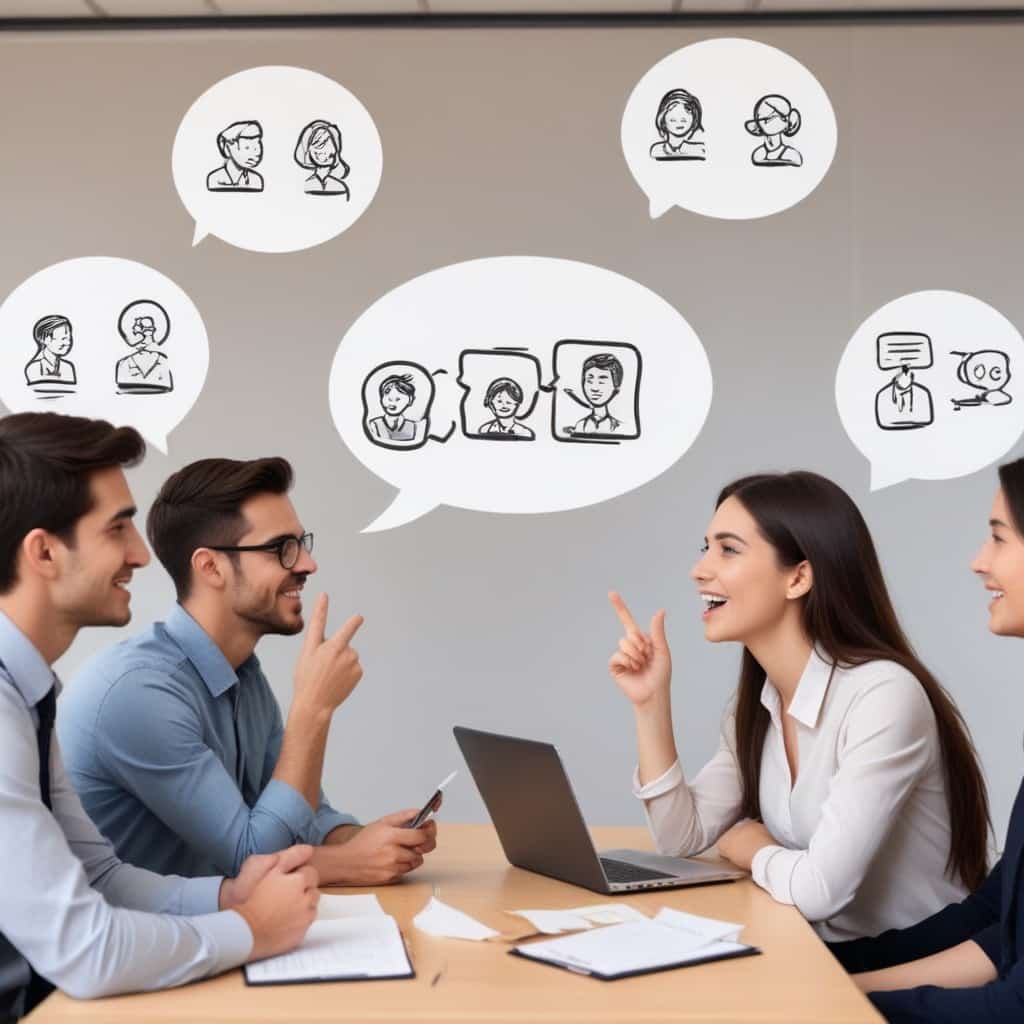Things we use to connect with other people are what we mean by “social skills.” As the Swiss Army knife of interacting with people, they do quite a bit. They help us connect with others, say what we think, and comprehend what they’re saying. Communication is most effective when you can get along with others, like when you’re chatting with a friend, working on a team project, or running a family meeting.
Why is getting along with others so great? To give you an idea, try playing a game without knowing how to do it. Life is like a game, and social skills are the rules. With their help, we can make friends, figure out how to behave in social situations, and connect with others. Better relationships, more job chances, and a happier life in general can all come from having good social skills.
Verbal Communication
What we say is very important when we talk to each other. It’s not what you say, but how you say it. Learning how to talk to people well can help you get your point across clearly and successfully in all kinds of situations, from casual chats to formal presentations.
Non-Verbal Communication
Body language, facial expressions, and gestures are all forms of nonverbal communication. What you don’t say can be more powerful than what you say. Knowing these signs can help you figure out what’s going on and act in a better way.
Listening Skills
To listen, you need to understand what is being said, not just hear the words. Giving input, nodding, and giving your full attention are all parts of active listening. This lets them know that you care about what they have to say.
Empathy
Being able to understand and share someone else’s thoughts is called empathy. Putting yourself in someone else’s shoes is like that. This skill helps people connect more deeply and solve problems more successfully.
| Aspect | Description |
| Starting Conversations | Begin with a simple greeting or compliment. To keep the talk going, ask open-ended questions. Remember to listen actively. |
| Active Listening | Fully concentrate, understand, and respond thoughtfully to what’s being said. Use nodding, eye contact, and feedback to practice active listening. |
| Understanding Non-Verbal Cues | Pay attention to facial expressions, body language, and gestures. Reading these cues helps you understand others better and respond appropriately. |
| Practicing Empathy | Develop empathy by genuinely trying to understand others’ perspectives. Listen without judgment and offer support, connecting emotionally with their experiences. |
Workplace Interactions
In the workplace, social skills are essential for teamwork, networking, and conflict resolution. Good communication can lead to better collaboration and a more harmonious work environment.
Social Skills in Friendships
Good social skills are important for making friends. You can make and keep strong, healthy friendships by listening well, showing understanding, and talking to people.
Social Skills in Romantic Relationships
People in love need to talk to each other. When you disagree with your partner, treat them with care and talk about how you feel. This will make your relationship stronger and more meaningful.
Social Skills in Family Settings
Rules are often different for family ties. Communication and understanding can help families work out their differences and grow closer.
The Role of Technology in Social Skills
Using technology has changed how we talk to each other. There may be fewer misunderstandings, but it can make talking to each other easy. Maintaining good social skills means finding a balance between online and offline contacts.
Teaching Social Skills to Children
Kids will do well in life if they learn how to get along with others. Children can learn how to get along with others through role-playing, positive feedback, and being a good example.
Improving Social Skills as an Adult
You can always improve your social abilities. Attend workshops, study communication books, and practice. You’ll improve by socializing more.
Social Skills and Mental Health
Good social skills are linked to better mental health. They help build supportive relationships, reduce stress, and improve overall well-being. Practicing empathy and effective communication can make a big difference.
FAQs
Q1: Can social skills be learned?
Of course! You can get better at social skills at any age by using them and practicing them.
Q2: What are some tips for improving social skills?
Be a good listener, show empathy, and socialize. Reading communication literature helps also.
Conclusion
Having good social skill is important in every part of life. They make it easier to get along with others, build bonds, and talk to them. By learning these skills and using them, you can make your relationships better and your life better in general. There is always room to grow, whether you are starting from scratch or want to get better.



